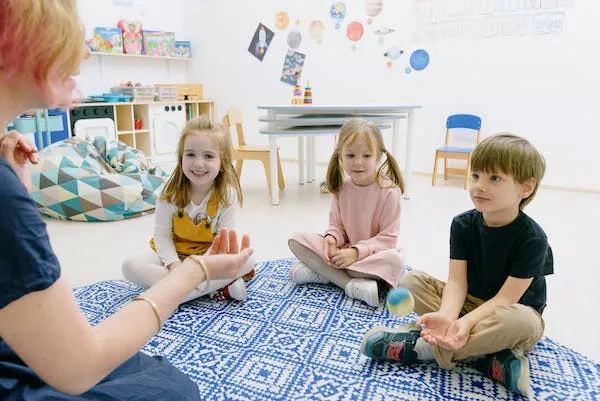In 2017, Kehinde Adigun-Opeyemi, aged 34, welcomed her first child, Emmanuel Adigun, at the Nigeria Police Hospital in Ondo, Nigeria. However, it wasn’t until a midwife’s diagnosis that she realized Emmanuel had spina bifida and talipes, commonly known as clubfoot.
Spina bifida is a congenital condition where the spinal cord fails to develop properly, while talipes involves the twisting of a baby’s foot during birth.
Despite the challenges, Kehinde’s love for Emmanuel remained unwavering. She and her husband, who has since passed away, sought medical assistance at a federal government-owned hospital in Owo, Ondo state. However, they were informed that Emmanuel, at just 2 months old, was too underweight for corrective surgery.
“My baby was placed on a weighing tray, and he weighed 2.8 kilograms, a far cry from his 3.5 kilograms when he was born,” Adigun-Opeyemi recounted to Global Sisters Report.
Today, at 6 years old, Emmanuel attends St. Louis Nursery and Primary School in Akure, where the Sisters of St. Louis are spearheading inclusive education for children with disabilities. Despite his ongoing battle with his condition, Emmanuel is benefitting from the program.
The Sisters of St. Louis recognized the need for a comprehensive approach to education for children with disabilities. Sr. Justina Ihechere, the school’s administrative head, emphasized the necessity for a dedicated inclusive curriculum after finding that traditional classroom settings were inadequate for these children.
Nigeria’s Discrimination Against Persons with Disabilities Act of 2018 aims to combat discrimination with penalties for both individuals and corporations. However, research by the Africa Polling Institute indicates ongoing marginalization and exclusion faced by persons with disabilities.
In response to these challenges, the Sisters of St. Louis are working tirelessly to create a more inclusive society. Sr. Christiana Udebor highlighted the importance of inclusive education, lamenting its lack of prominence in Nigeria.
Udebor oversees the Community-Based Rehabilitation Program, which offers a range of services including education, physical therapy, and advocacy. The program emphasizes individualized education plans tailored to each student’s needs.
Teachers like Philomena Ekwe employ innovative methods to engage students, using stimulating materials and activities to foster learning.
Furthermore, the program extends beyond the classroom, providing support and training for parents and teachers alike. Sr. Clara Azubuike emphasized the importance of parental involvement in understanding and coping with their children’s disabilities.
The Sisters of St. Louis also provide practical support, including purchasing educational materials and funding corrective surgeries for children in need. Their efforts have been bolstered by the Liliane Foundation, a humanitarian organization dedicated to supporting children with disabilities.
The impact of their work is evident not only in the lives of individual students but also in the broader community. Through inclusive education, children like Emmanuel are given the opportunity to thrive and integrate into society.
As the Sisters continue their mission, they remain committed to creating a more inclusive and just society where the rights of persons with disabilities are upheld and respected.


